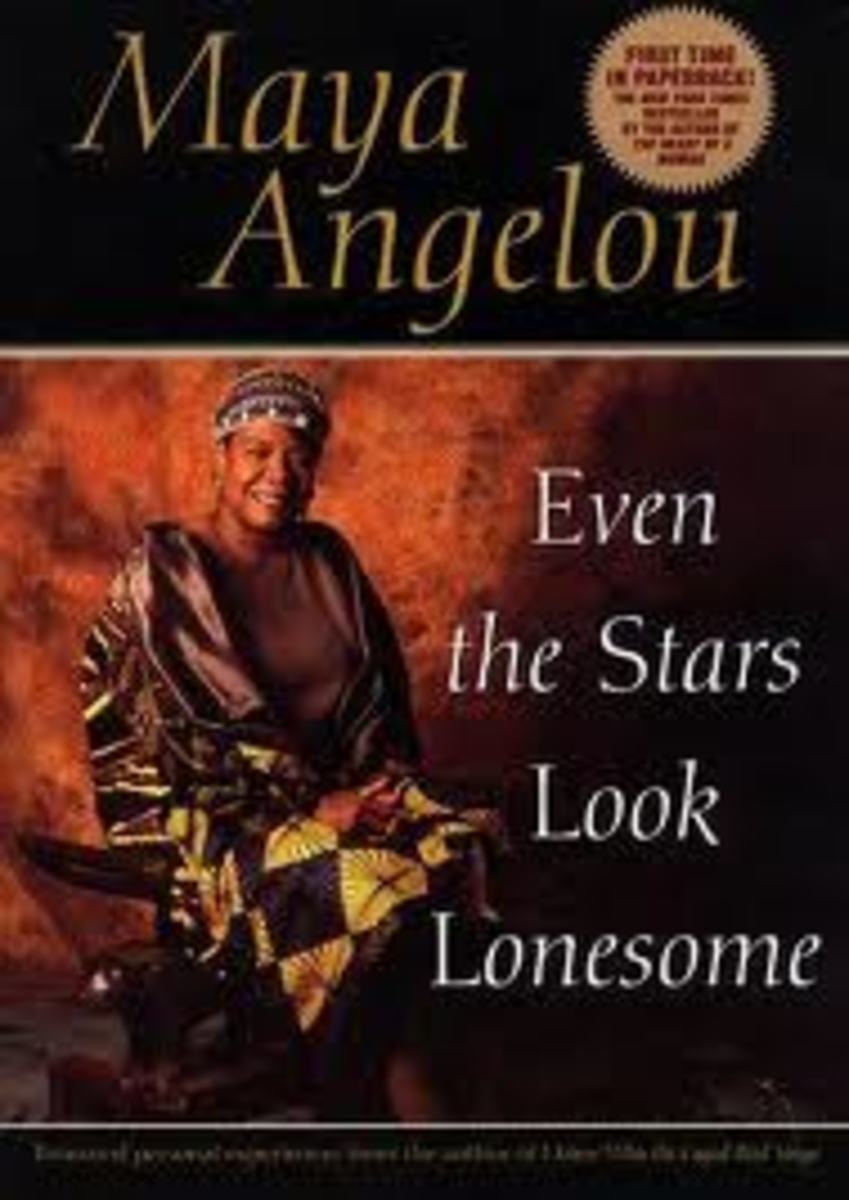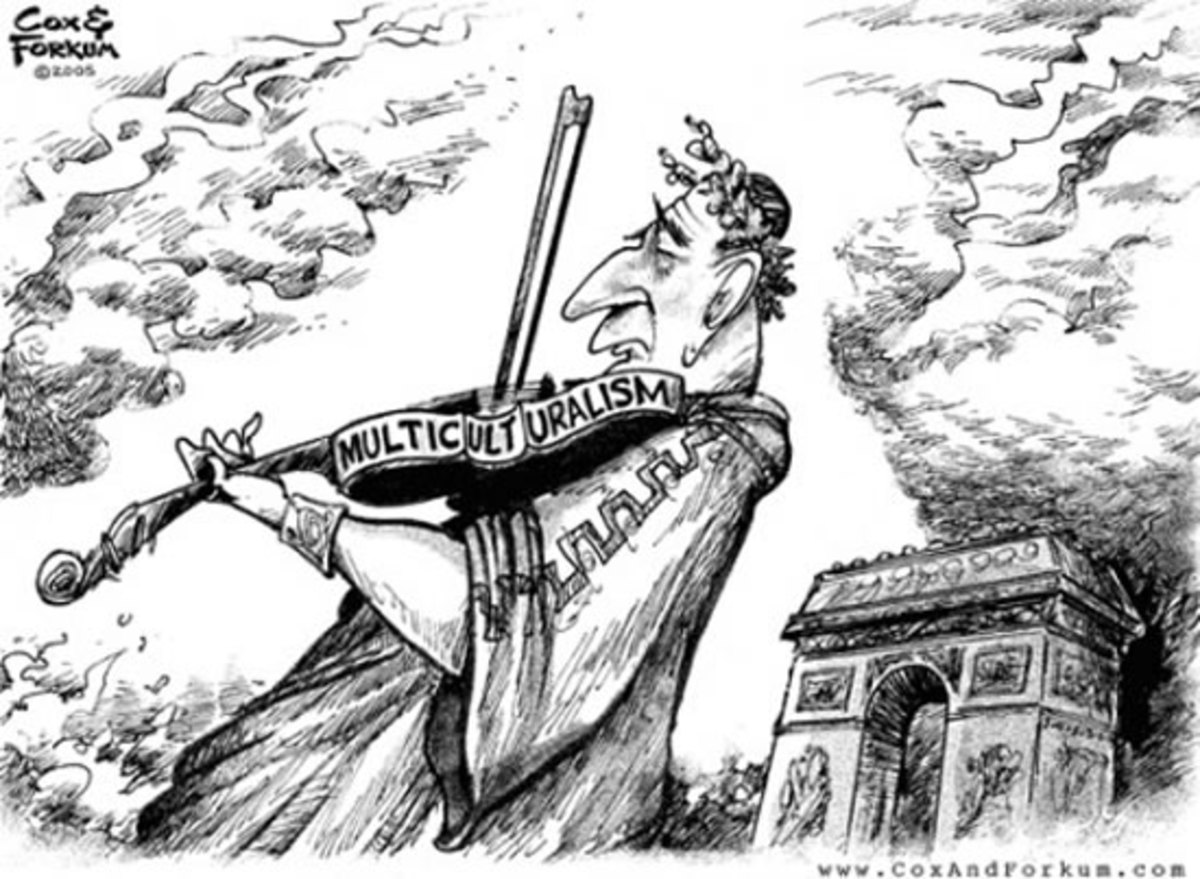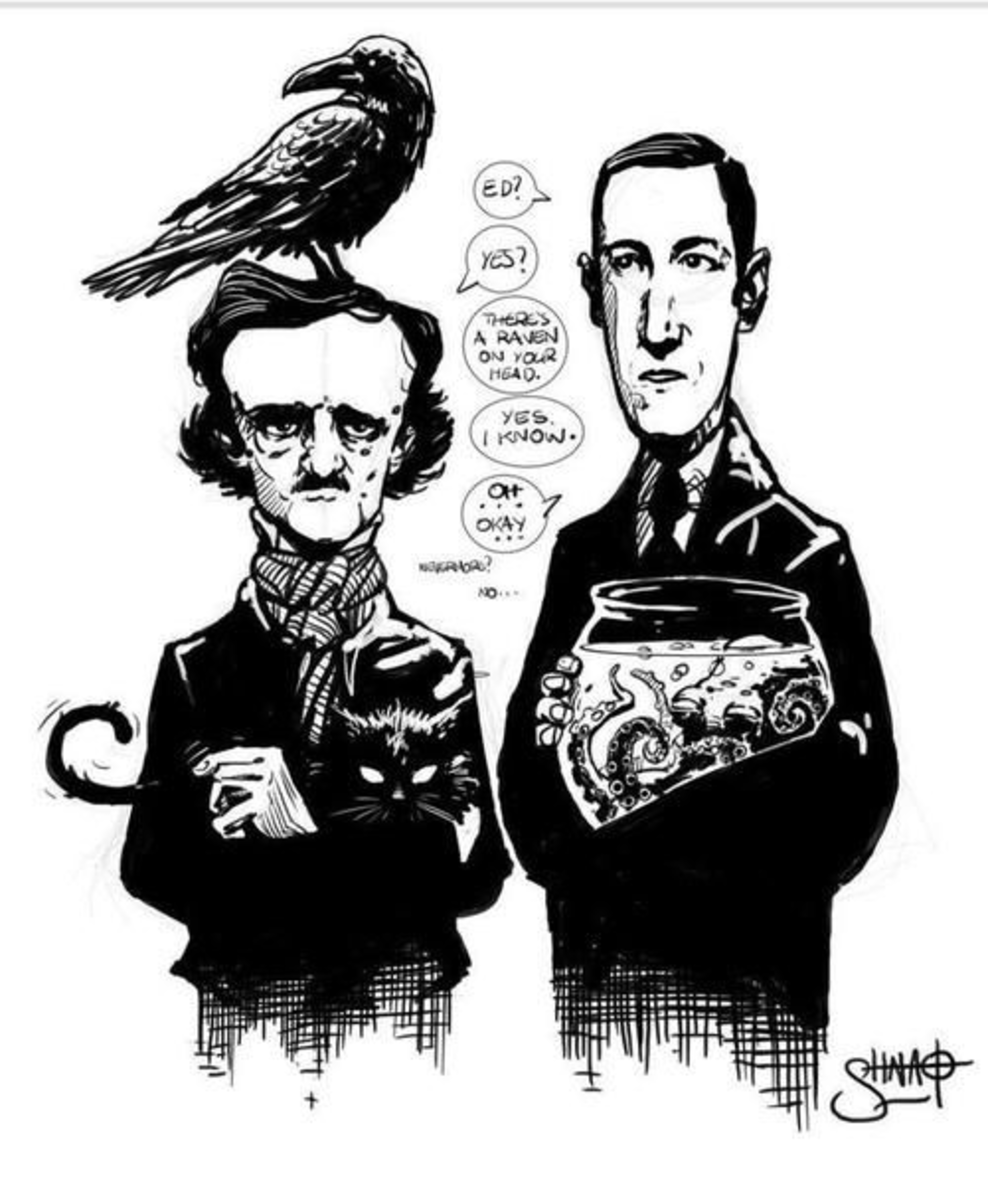American Literature and Culture: The Roots of Manifest Destiny
The discovery of the New World and the experience of colonialism in America produced a society independent of the Europe it left behind. This independence, forever cemented by the Declaration of Independence in 1776, was born from the common experiences and attitudes of the settlers of the New World. This notion of independence, which is indeed even at the heart of democracy, is curious. Why has independence become so central to the particularly American way of life? How was this notion even conceived? To answer such questions requires an investigation beyond the scope of this article, but we can, at least, make some preliminary investigations into the lives, attitudes, and ambitions of the first American settlers who first conceived this thirst for independence in the hopes of gleaning, perhaps, some insight that might aid us even now, as Americans in the 21st century attempting to understand our own complex relationship with our own identity, our country, its past, this thing we call independence, and the legacy of Manifest Destiny. We best accomplish the task by starting at the beginning and examining these lives, attitudes, and ambitions by analyzing the records and texts the first European-American settlers left behind.

To start with, there is no one central group of settlers who colonized America. That is to say no one single reason can be identified as the impetus behind all early settlements. There were, in fact, settlers coming for reasons so divergent from one another that the emergence of a unifying ideal, like independence, might, on the surface, appear unlikely. Moreover, the process of colonization in America and how it related to an emerging collective identity should be understood as a result of a complex system of relationship between different and competing peoples and ideals, not in spite of some of the more extreme examples of early Americans. Though, as we just alluded to, there is no one single experience or attitude all early Americans shared when they arrived, the single fact of all coming at the same time to the same place would prove to be the start of something significant. It is in their first shared experience, the experience of overcoming nature in a strange land inhabited by strange people with strange customs and strange languages, the experience of eking out an existence in do-or-die circumstances nearly unheard of in the Europe they left behind, it is in this shared experience that the particularly American style of independence was born.
To understand this, let’s turn to the writings of John Winthrop, one of the founding fathers of New England who observed the following in his journal:
"At Watertown there was…a great combat between a mouse and a snake, and after a long fight the mouse prevailed and killed the snake. The pastor of Boston…gave this interpretation: that the snake was the devil, the mouse was a poor contemptible people which God had brought higher, which should overcome Satan here and dispossess him of his kingdom. Upon this same occasion…he dreamed he…saw a church arise out of the earth, which grew up and became a marvelous goodly church."
Winthrop’s Journal serves as a reliable source for understanding the mindset of the Puritan community, who were one of the largest single influences in early America as can be witnessed by the writings of Nathaniel Hawthorne and Jonathan Edwards among many others. The Puritans saw their experience here in the new world as the conquering of evil, and they saw the hand of divine intervention as giving them the right to “overcome Satan and dispossess him of his kingdom." In this Puritan concept of divine right lie the seeds of what would become Manifest Destiny. The Puritans faced the adversity of the unbroken landscape with courage that would, generations later, win them their independence from Europe. In this light, the winning of independence from the old world seems as central to the concept of Manifest Destiny as the subjugation of the new world since their commission was to “dispossess Satan” and the old world they left behind symbolized that as much as the wild at their own back door. This also reveals the parallel between the physical struggles early Americans faced and the emotional struggles they faced as well.
Related Critical Texts
As we look to other groups of early Americans, we find this experience, despite the unique way the Puritans interpreted it, was not unique to them alone. It was, in fact, shared by nearly all European settlers in the New World. Each group faced adversity and hardships. For examples one need look no further than the writings of William Bradford from Plymouth Colony in Massachusetts or Mary Rowlandson, an American Colonialist who was capture by natives and wrote of her life as a captive. Though these examples do not depend so heavily upon religious rhetoric to interpret their mission in the New World, this concept of leaving the old world behind as far as the east is from the west and conquering and subjugating the land and natives could not be far from their hearts, for they too had made the journey, and they too depended upon the success of their struggle against the wild landscape for existence.
The place of the American wilderness and the possibilities of what lay in store for those who might venture into it continued to inspire Americans beyond the first generation of settlers. These ideas were evolving, from generation to generation into the legacy we have come to study and know as Manifest Destiny. Take, for example, Sarah Kemble Knight who, writing almost a century after Winthrop, says of the barren landscape she sees on the American frontier:
"…the moon glared light through the branches, filled my imagination with the pleasant delusion of a sumptuous city, filled with famous buildings and churches, with their spring steeples, balconies, galleries and I know not what: grandeurs which I had heard of, and which the stories of foreign countries had given me the idea of."
The concept has changed significantly the way Knight describes it. This excerpt shows the specific shift of motivation from divine imperative to an inspired imagination. Though Winthrop’s account may seem to have little in common with Knight’s, the thread of Manifest Destiny unites them. Knight, having grown up as the second generation of colonists, eloquently describes how the unbroken landscape seems filled with promise for the future of the colonies.

Here, the shift from the attitude of first generations is most apparent, and this shift is very telling in an informed understanding of what Manifest Destiny truly is. No longer is the focus on the divine imperative to subjugate the wilderness, but rather, there is a sense of bountifulness of untapped resources, and the nearly infinite possibility of grandeur that would prove to lure the American colonists further and further westward. At first, these two motivations for expansion seem to be in opposition to one another, but consider their underlying principal: this wilderness must pass away, and you must come to dominate what once was its domain. The reality is that the early Americans had it so hard in the new world that they had to fight to survive, and those who survived, they began to believe that they had conquered, that is, had won by surviving. They were right. It was this process of overcoming, or winning, that separated the American colonist from the European citizen. It was this process that gave birth to a new, specifically American ideal: independence. And it was this process of overcoming, and the high, call it spiritual or visceral, that came with this victory, which eventually led us all the way to the Pacific.
There are two more observations we should briefly make about the relationship between the wilderness, the sense of divine imperative, and the promise of reward for expansion. The first of these is goes back to the difference between Knight and Winthrop. It is not an insignificant detail that Knight’s vision could be interpreted as the “just reward” for the loyal servant who had toiled to subjugate the wilderness. That is, the more successful Americans became at subjugating the wild and winning their independence from the old world, the more they felt the promises of the American frontier were their just due. They had earned the right to do whatever they wanted with the wilderness and they had proved they could do whatever they wanted with it. No longer were they few in number and often desperate for need. They had grown strong, and the wilderness, though they still contended with it, was no longer a foe they feared, it had become merely something they had dominion over, an empty canvas for their imaginations to fill much like Knight did.
Never carry around a stack of books for class again! Get a Kindle Now!
Now, the other observation that should be made is that there was something else uniquely American going on in the birth of the idea of Manifest Destiny: the idea of divine imperative merged itself, in the collective unconscious, with a uniquely American entrepreneurial spirit. Certainly political structures such as monarchies, etc. had appealed to religious authority to justify their existence, but this mixture was of a far more personal level, and for a much different reason. It was more personal in that there was no spoken adherence to a credo or ideal that said “we have the religious right to expand and profit from our expansion”, but it is there, unspoken, in the pages of our history should we choose to see it. Also in contrast to European mixtures of religion with secular ideals, the American version concentrated not on control and power, but on profit. Even a cursory examination of the American process of winning independence shows the colonist’s pocket books were on their minds almost more than anything else.
If what we see here is right, that Manifest Destiny is borne of divine imperative, informed by the process of defeating nature, inspired by the imagination that believes it is within its right and ability to improve upon the America it first discovered, and resulting in a uniquely American hybrid of secularized religion that measures its success in profits, what, then does it tell us about the reality we have created for ourselves, that is, what does it tell us about America?
Rather than take sides, we should end on the idea that the reality Knight imagined has, in a very real way, come to pass. Also, the new world order the Puritans dreamed of has, in a different way, also come to pass. But, are we, as Americans, secure in our knowledge that our country, our way of life, and our very existence on the piece of this planet we call ours is supported by, justified by, and in congruence with the way it was envisioned by those who set out to establish this reality, this status quo? Furthermore, do we agree with the visions they had. A better way to ask this is, if we could go back and do it over, would we do it the same way? The writings of early Americans cannot answer these questions, neither can this article. These questions are only for you, the reader, to take with you and consider as you, if you are American, most likely live out your life in this place that was once a fearsome wilderness that inspired the imaginations of generations of Americans.
American Literature Classics
Other Hubs on American Literature
- Books You Should Own, But Probably Don't. Part 2: 20th Century American Literature: Postmodern Postm
This is part two in a continuing series of hubs all of which are designed to inform and guide anyone who might want to know a little bit more about the rich tradition of art, letters and philosophy we have... - American Literature Classics: Interpreting the Climax of Edgar Allen Poe's Fall of the House of Ushe
In his The Philosophy of Composition Poe tells us that he begins writing with the consideration of an effect (1598). Almost all of Poes poetry and fiction give evidence to support Poes... - The American Literary Landscape: William Faulkner's Mississippi
You're a country boy, and all you know is that little patch up there in Mississippi where you started from; but that's alright too. -- Sherwood Anderson (Thompson). The only thing that could... - Kurt Vonnegut's Version of the Fairytale Bluebeard: Writing About Writing For People Who Don't Read
Kurt Vonnegut, one of the most prolific if not best American writers of the second half of the twentieth century, first earned a reputation for himself as a science-fictionist with his early works, The Sirens...









